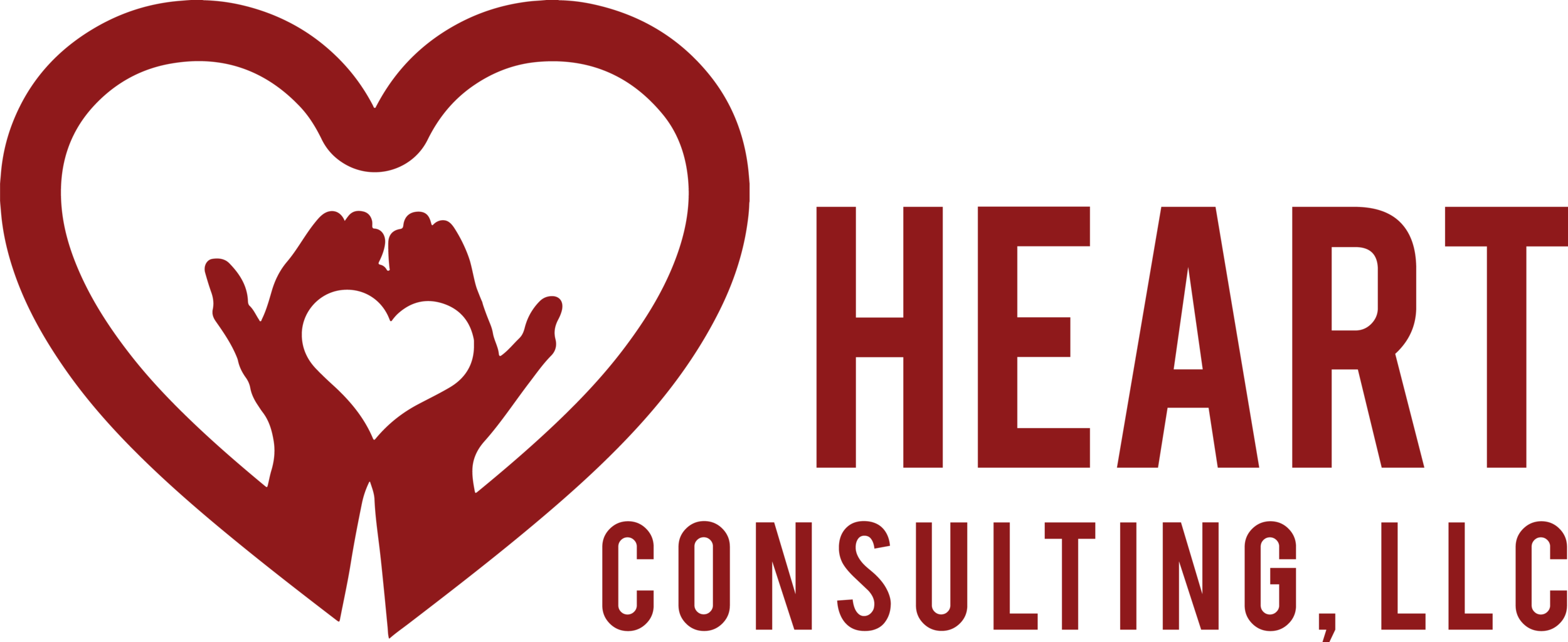2021: The Year of Boundaries
The new year is here...and so far, it’s not been great (on a worldwide scale, at least). I don’t think any of us were expecting some large scale change right away, but I also get the impression that many of us thought it couldn’t get any worse. Here we are.
The pandemic still weighs heavily on us, the winter weather doesn’t help much, and the lag in our video chats doesn’t make us flinch any more. During the conversations I have each week, when I check in to see how clients are feeling, there’s a heaviness in the air, without any specific thing to point to. We talk about self care practices, finding new hobbies, and connecting with old friends. There’s been lots of effort put into focusing on the positives. However, maybe it’s time to focus on the “negatives,” and work towards cutting them out.
The relative who posts aggressive, hateful things on social media. The influencer who makes us feel like it should be easy to be beautiful, carefree, and happy. The friend who only responds when they need something from us. The partner who takes their frustrations out on us.
I think we would all agree that it’s important to be friendly and polite as often as possible. I’ve noticed though, that many people with disabilities have been taught that this also means being passive, quiet, and non-confrontational. We have to draw a distinction here. If someone is negatively affecting our mental and emotional health, sometimes the most polite thing to do is to cut that toxic energy from our lives, with or without explanation.
When I mention the idea of ending a friendship or relationship, there’s often a hesitation, as if that person has been made to feel like they should be grateful that someone wanted to be friends with a person who has a disability. As if cutting off that connection would leave them worse off, despite the fact that it’s incredibly draining and confusing to begin with. The thought of choosing not to communicate with someone who’s beliefs directly impact the lives of people with disabilities, seems like a greater injustice than the negative impact those views have on our society. It seems as though people with disabilities have been taught to put other people’s feelings above their own.
This is exactly what unhealthy relationships are based on; a power imbalance. One person is made to feel as though their partner’s needs and feelings are more important, and they’re willing to be hurt if it means their partner gets to feel good. It’s 2021, and there’s no time for that.
Unfriend them. Block their number. Set your boundary. Demand respect. It’s possible to draw a line, while still being respectful. There’s a difference between someone having hurt feelings, and us choosing to hurt someone’s feelings.
Jordann Mason, Community Outreach Director
